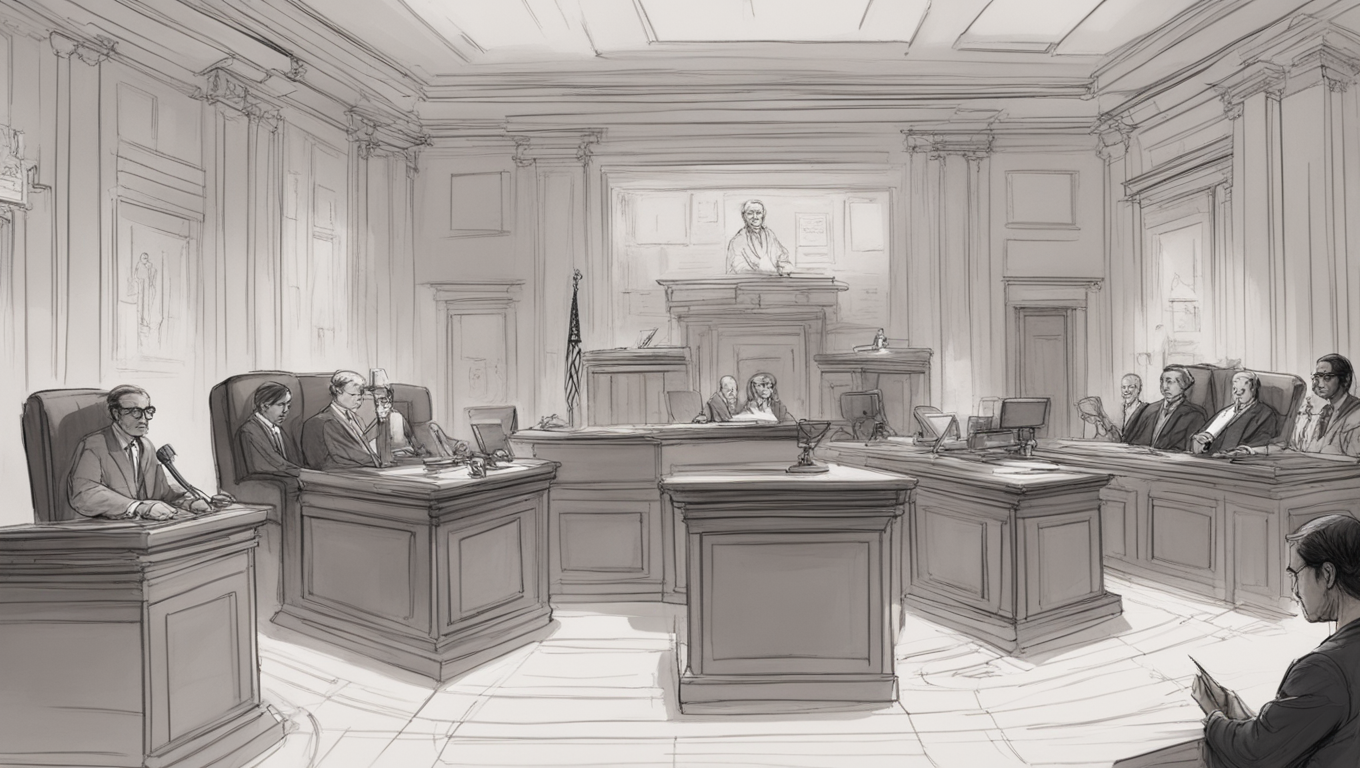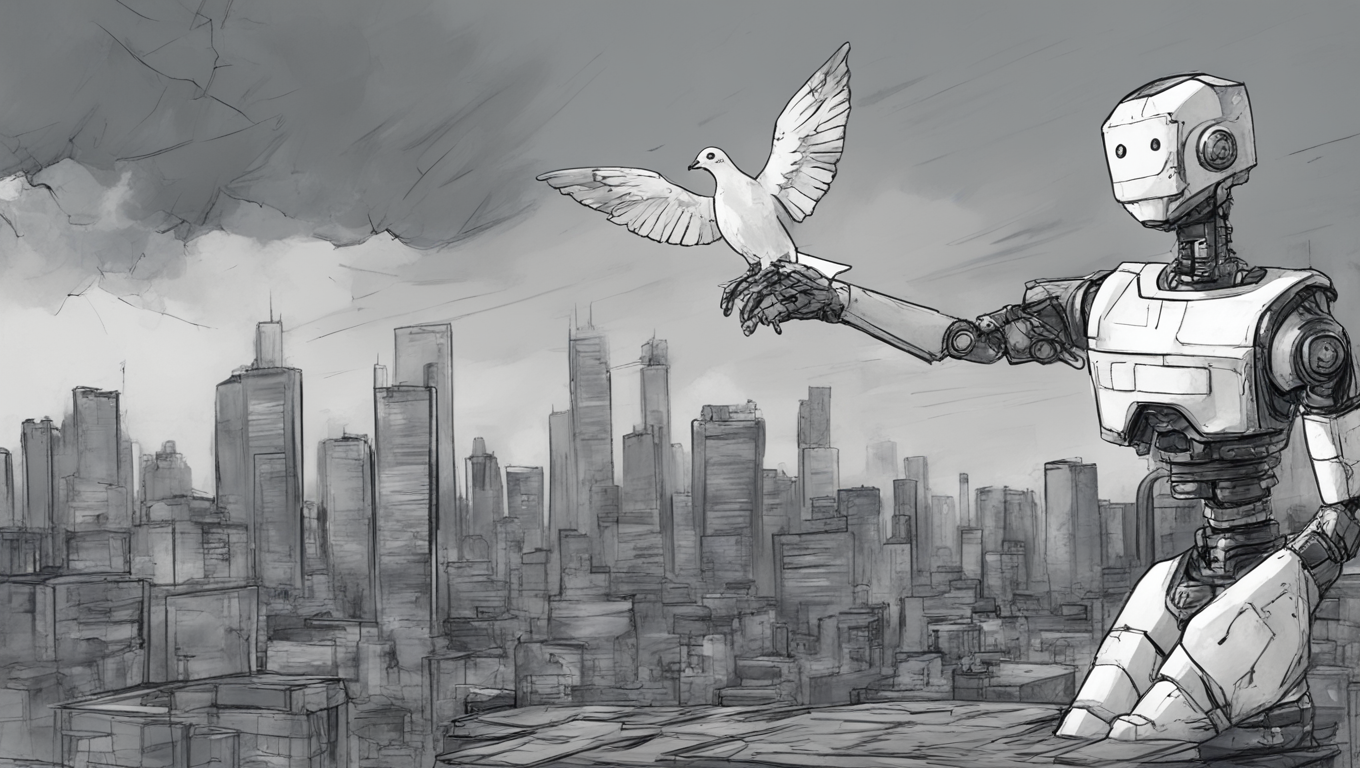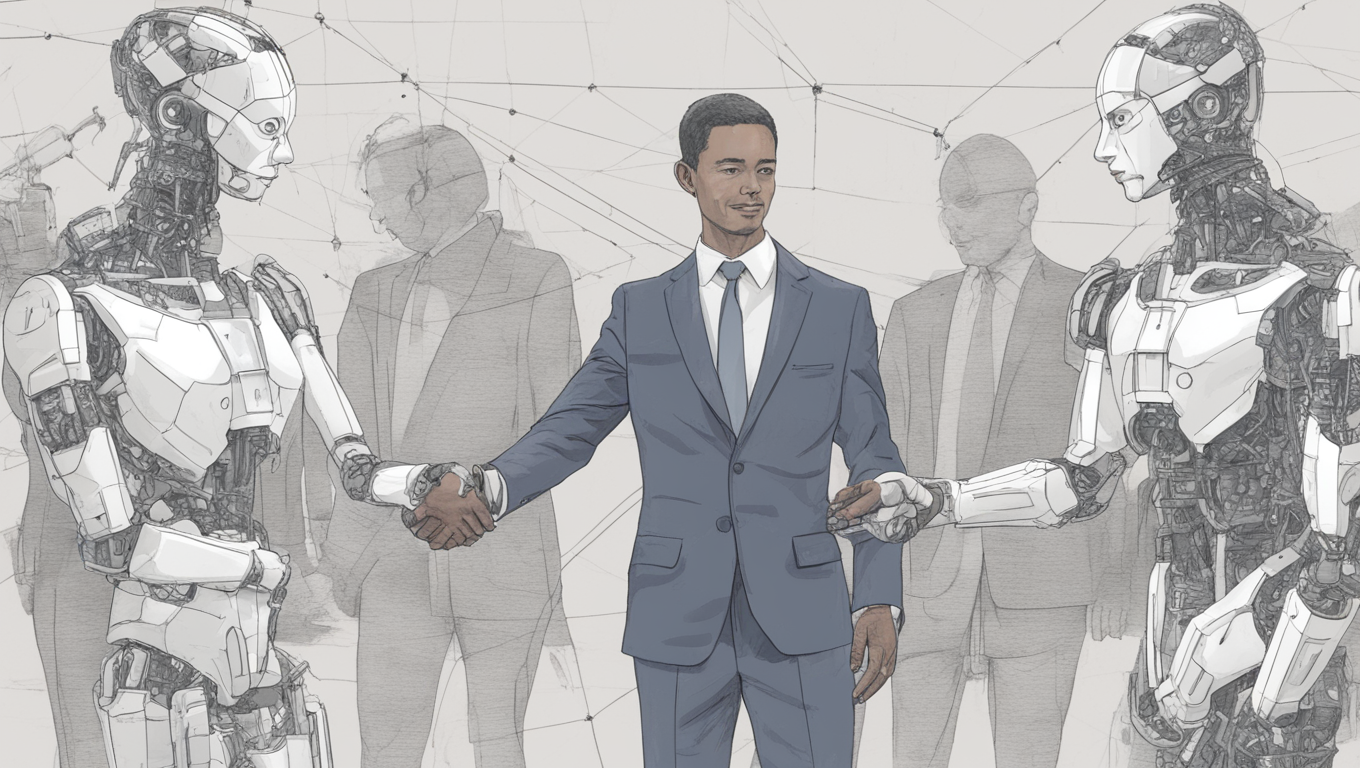In the labyrinth of legal ethics and artificial intelligence, a tale of caution emerged as Zachariah C. Crabill, an attorney with the crisp registration number 56783, found himself at the intersection of innovation and integrity. Amidst the stately columns of justice, on November 22, 2023, the gavel of the Presiding Disciplinary Judge ruled, suspending Crabill for one year and one day, a sentence as peculiar in its precision as the case itself.
April 2023 marked the beginning of this saga when an unsuspecting client entrusted Crabill to navigate the treacherous waters of the civil legal system. The task: to craft a motion to set aside a judgment using the sharp tools of case law. Crabill, entering uncharted territory without experience in drafting such a motion, turned to the modern oracle of knowledge, the artificial intelligence platform ChatGPT.
The crux of the crisis lay not in the use of this digital muse, but in a singular, fatal flaw—a lapse of diligence. “Crabill did not read the cases he found through ChatGPT or otherwise attempt to verify that the citations were accurate.” This line from the stipulated discipline resonates with the warning bells of professional responsibility.
But the plot thickened in May 2023, as the motion, now a document of dubious distinction, was presented to the presiding court. The impending revelation of truth was dawning; ChatGPT, in its infinite data, had led Crabill astray with cases that were either incorrect or fanciful figments of technological creativity.
In the solemnity of the court’s chamber, when questioned by the judge whose sharp eye punctured the fabric of inaccuracies, Crabill deflected. A legal intern—the supposed architect of error—became the phantom to bear the burden of fault. Yet, the echo chambers of the courthouse could not contain the falsehood for long, as Crabill, weighted by conscience or calculation, confessed to the usage of ChatGPT in an affidavit, an epitaph to the motion’s credibility, merely six days later.
This tale, while singular in detail, speaks to the greater narrative of our time: the seductive lure of artificial intelligence as a tool in professions steeped in tradition and trust. But in the words of commentators, the question looms: “How does one wield such power responsibly?”
The implications are far-reaching, and the discourse fervent. Experts pontificate on the dance of machines and humans, the subtleties of their partnership in the legal ballet. “We must be vigilant in verifying the tools we use,” said a senior attorney, eyes the color of jurisprudence, “lest we erode the very foundations of justice we aim to uphold.”
Crabill’s story is not an isolated canto but a cautionary verse in the ongoing narrative of law and AI. It alerts us to the ethical tightrope strung across the chasm separating technological advancement from human accountability. As we march into this brave new world, let us recall the sage words that echo through legal halls: “With great power comes great responsibility.” A reminder that while AI can conjure the law, it is ultimately human judgment that must preside.





Use the share button below if you liked it.